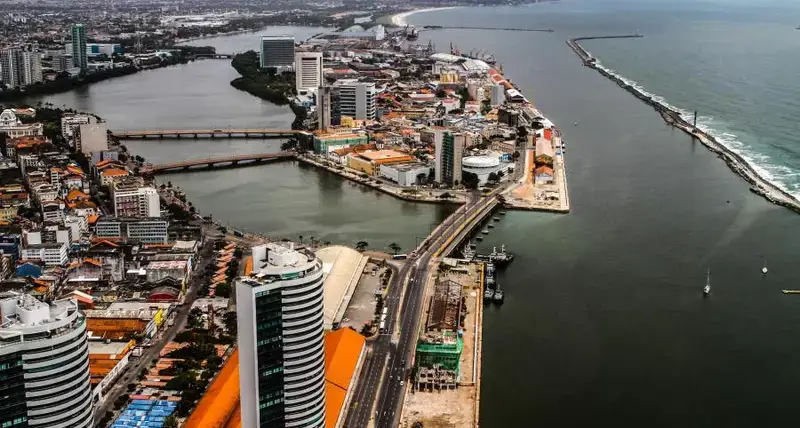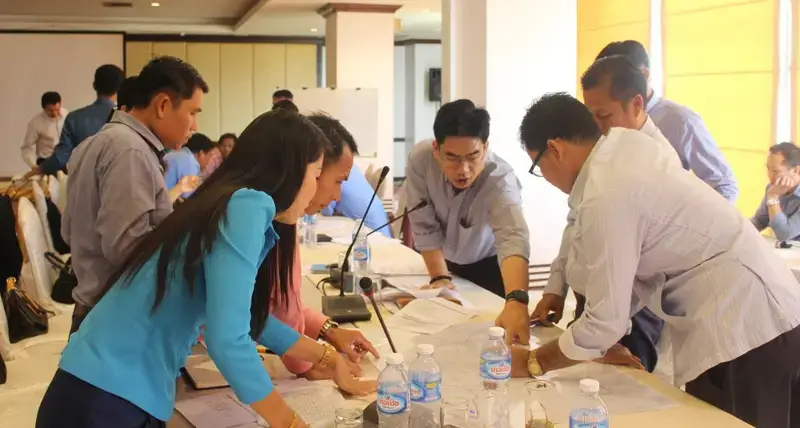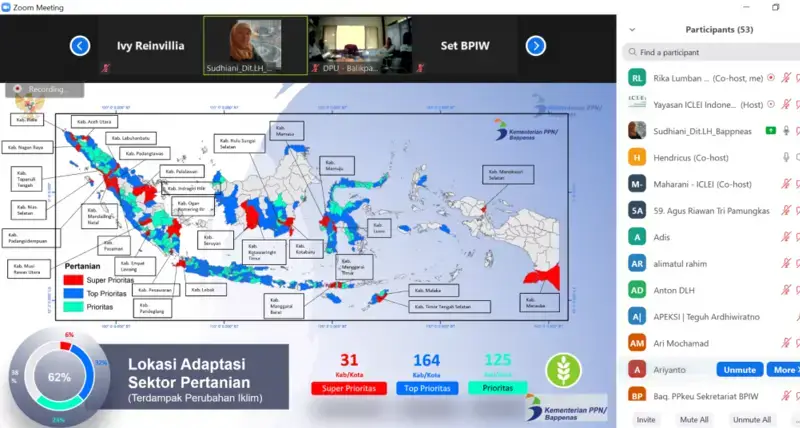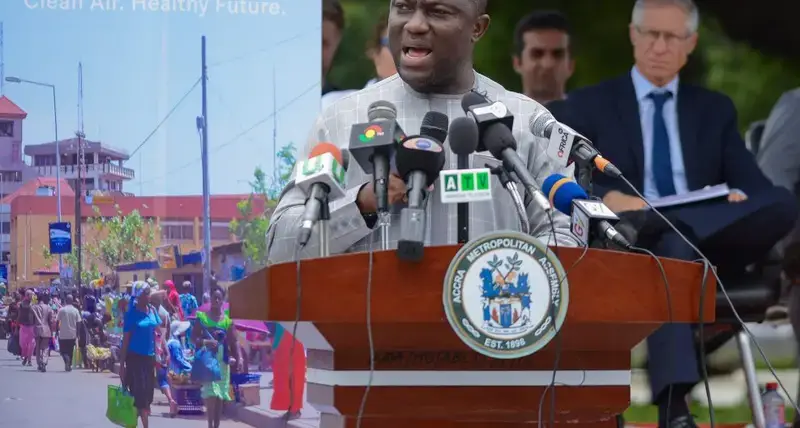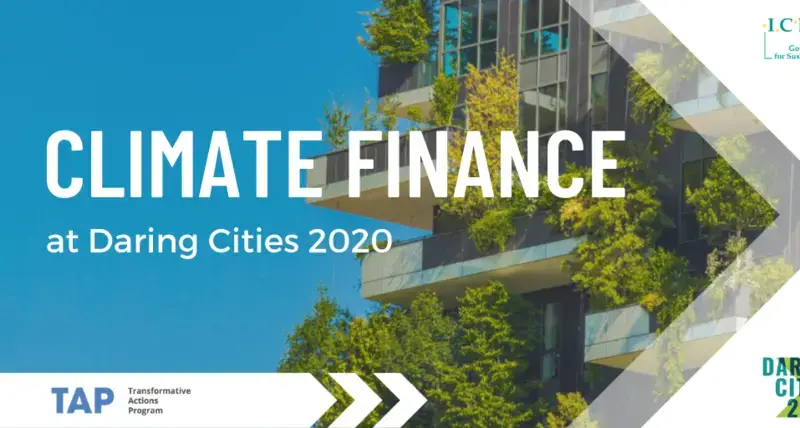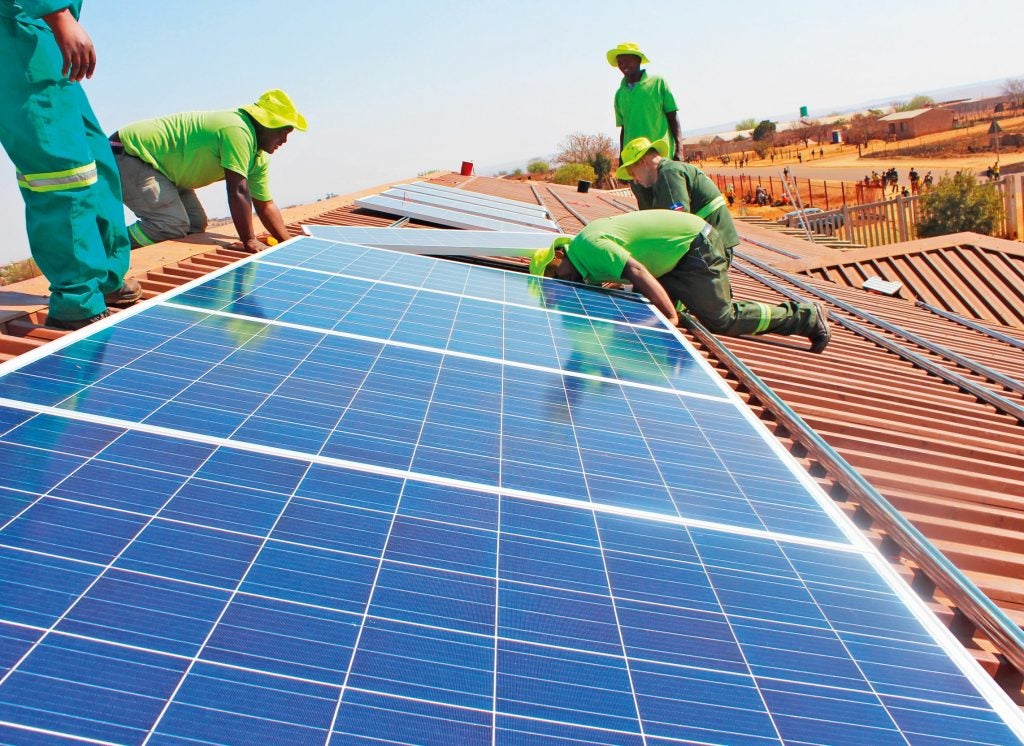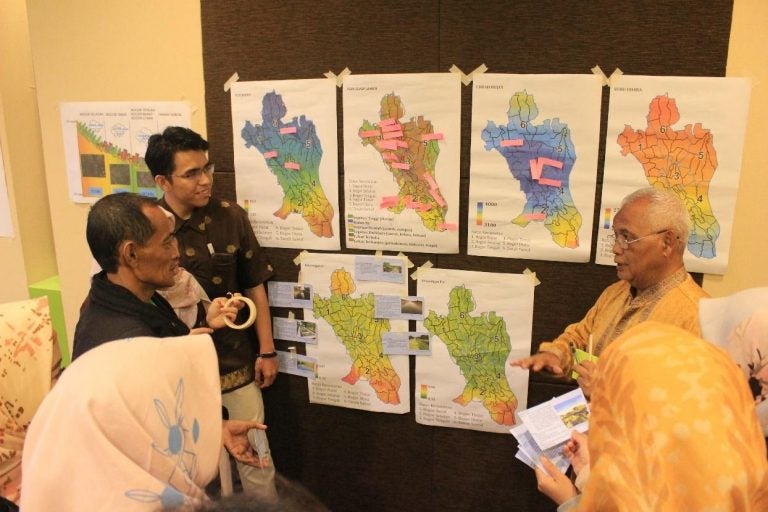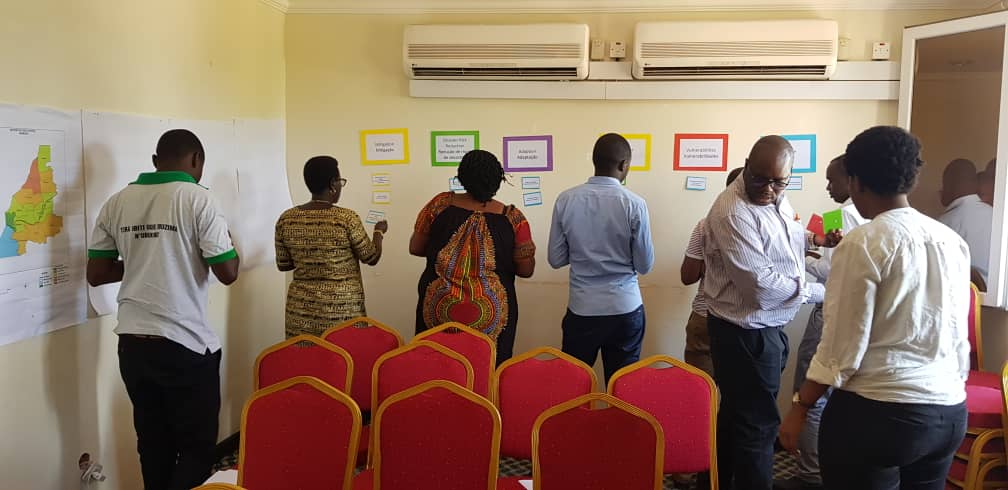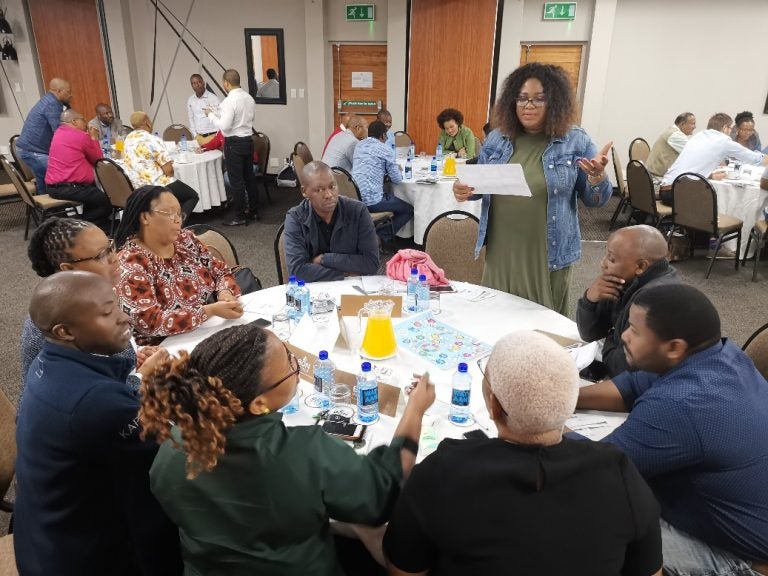Overview
During 2012 – 2015 under the Urban-LEDS I project, ICLEI and UN-Habitat supported eight model cities in Brazil, India, Indonesia and South Africa to develop comprehensive Urban Low Emission Development Strategies and action plans using ICLEI’s Green Climate Cities (GCC) process methodology. In 2017, a second phase of the project was launched (Urban-LEDS II) with the addition of four new countries: Bangladesh, Colombia, Lao PDR and Rwanda. In addition to these countries, 16 European cities act as source cities and support peer-to-peer exchange and cooperation.
The Urban-LEDS II project helps local governments to implement integrated low emission and resilient development by offering guidance, tools, and technical assistance; mobilizing cities to commit to the Global Covenant of Mayors for Climate & Energy (GCoM); exploring access to financing; and supporting multilevel governance. The project also supports the improvement of effective monitoring and reporting systems through an integrated MRV (Measuring, Reporting, and Verifying) process, vital to tracking progress and accelerating climate action within cities.
The project contributes to delivering on the following outcome areas of the UN-Habitat Strategic Plan 2019 – 2023:
- Reduced greenhouse gas emissions and improved air quality
- Increased and equal access to basic services, sustainable mobility and public space
- Improved resource efficiency and protection of ecological assets
- Effective adaptation of communities and infrastructure to climate change
